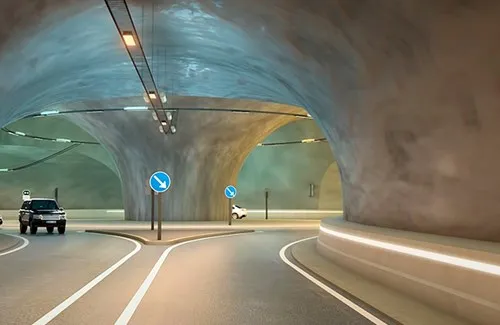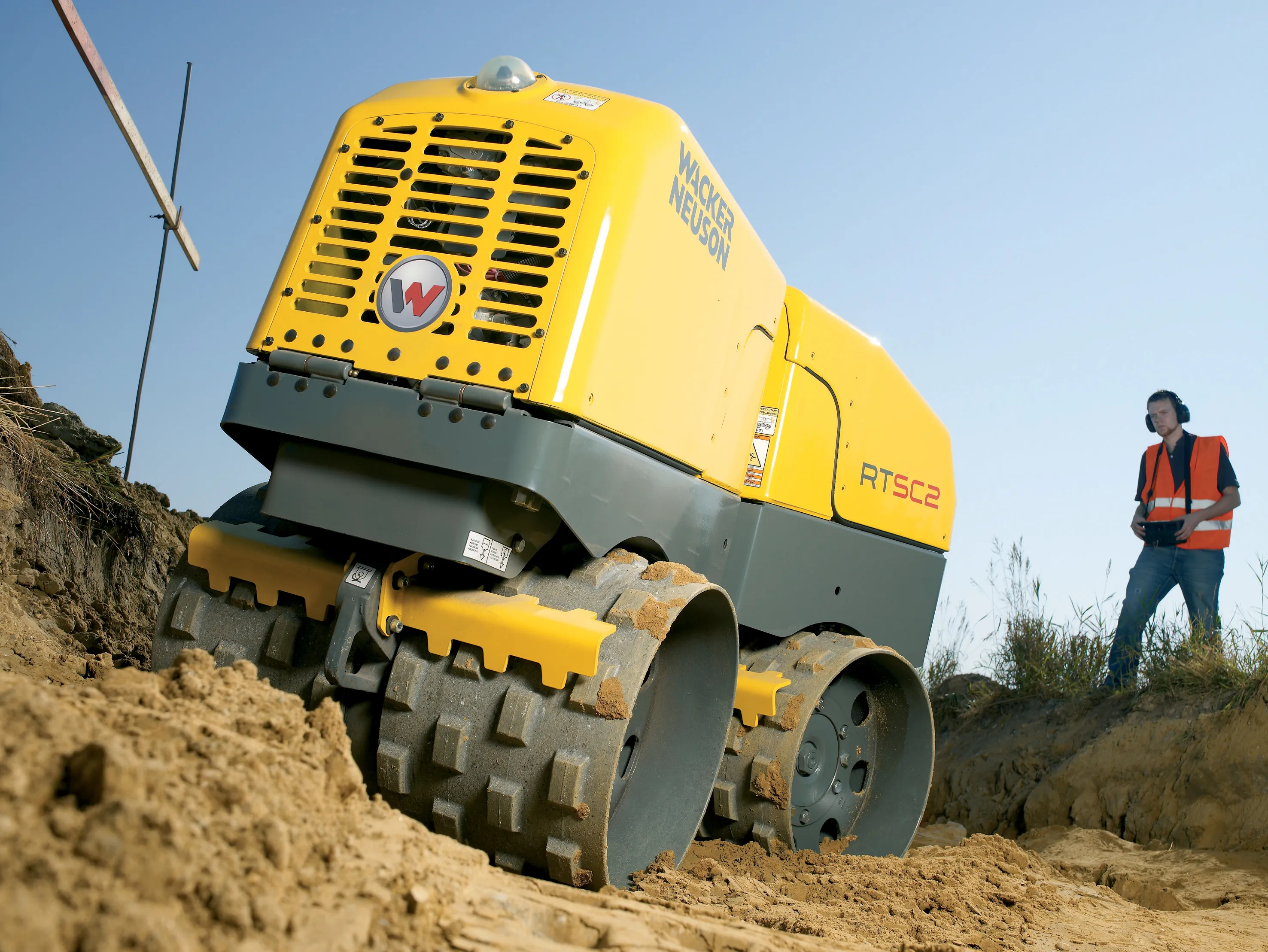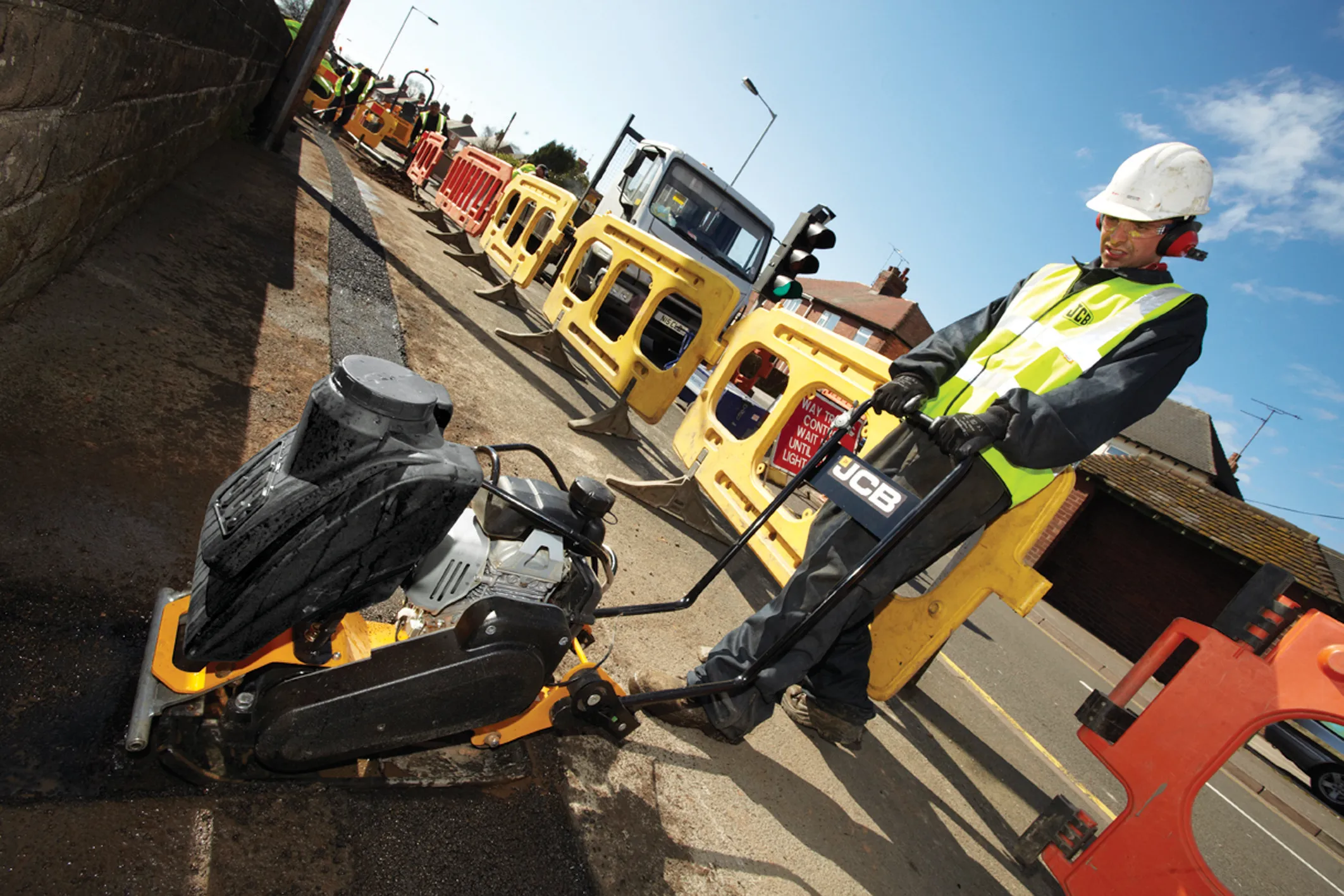Swedish construction company NCC has signed a contract to build two sub-sea road tunnels in the Faroe Islands, an archipelago north of Scotland. The first project – the Eysturoy Tunnel between Eysturoy and Streymoy - will cost around €152 million. The value of second one – the Sandoy Tunnel between Streymoy and Sandoy – will cost about €120 million, but there is an option for the government-owned client, P/F Eystur- och Sandoyartunlar (EST), not to proceed.
The government created the company, Eystur – og
November 15, 2016
Read time: 2 mins

Swedish construction company 5211 NCC has signed a contract to build two sub-sea road tunnels in the Faroe Islands, an archipelago north of Scotland.
The first project – the Eysturoy Tunnel between Eysturoy and Streymoy - will cost around €152 million.
The value of second one – the Sandoy Tunnel between Streymoy and Sandoy – will cost about €120 million, but there is an option for the government-owned client, P/F Eystur- och Sandoyartunlar (EST), not to proceed.
The government created the company, Eystur – og Sandoyartunlar, specifically to construct the two subsea tunnels, including connecting road and to operate the tunnels, in addition to any other business related to the activity.
The rugged Faroe Islands are where the Norwegian Sea and the North Atlantic Ocean meet, and lie halfway between Norway and Iceland - 320km north-northwest of mainland Scotland.
They cover around 1,400km² with a population of close to 50,000 and are an autonomous country within the Kingdom of Denmark. The Faroes have a sub-polar oceanic climate but temperatures often remain above freezing in winter due to the Gulf Stream of warm water flowing up from the far-off Caribbean.
The country’s six main islands, with around 90% of the population, are connected by road. There are also 17 land tunnels. The various islands are connected by two underwater tunnels, in addition to three bridges and seven ferry lines.
The 11km Eysturoy Tunnel will connect the towns of Skálafjørður and Tórshavn. According to the company, the tunnel will run under the Bay of Skálafjørður using two tunnels that connect to a roundabout under the seabed at mid-way. In order to increase safety, no inclination in the tunnel will be steeper than 5% and the lowest point is to be 187m below sea level.
The 10.6km Sandoy tunnel will connect the island of Sandoy to the greater part of the Faroese infrastructure. Lowest point will be 157m below sea level and, similar to the Eysturoy tunnel, the steepest inclination will be 5%.
The first project – the Eysturoy Tunnel between Eysturoy and Streymoy - will cost around €152 million.
The value of second one – the Sandoy Tunnel between Streymoy and Sandoy – will cost about €120 million, but there is an option for the government-owned client, P/F Eystur- och Sandoyartunlar (EST), not to proceed.
The government created the company, Eystur – og Sandoyartunlar, specifically to construct the two subsea tunnels, including connecting road and to operate the tunnels, in addition to any other business related to the activity.
The rugged Faroe Islands are where the Norwegian Sea and the North Atlantic Ocean meet, and lie halfway between Norway and Iceland - 320km north-northwest of mainland Scotland.
They cover around 1,400km² with a population of close to 50,000 and are an autonomous country within the Kingdom of Denmark. The Faroes have a sub-polar oceanic climate but temperatures often remain above freezing in winter due to the Gulf Stream of warm water flowing up from the far-off Caribbean.
The country’s six main islands, with around 90% of the population, are connected by road. There are also 17 land tunnels. The various islands are connected by two underwater tunnels, in addition to three bridges and seven ferry lines.
The 11km Eysturoy Tunnel will connect the towns of Skálafjørður and Tórshavn. According to the company, the tunnel will run under the Bay of Skálafjørður using two tunnels that connect to a roundabout under the seabed at mid-way. In order to increase safety, no inclination in the tunnel will be steeper than 5% and the lowest point is to be 187m below sea level.
The 10.6km Sandoy tunnel will connect the island of Sandoy to the greater part of the Faroese infrastructure. Lowest point will be 157m below sea level and, similar to the Eysturoy tunnel, the steepest inclination will be 5%.







